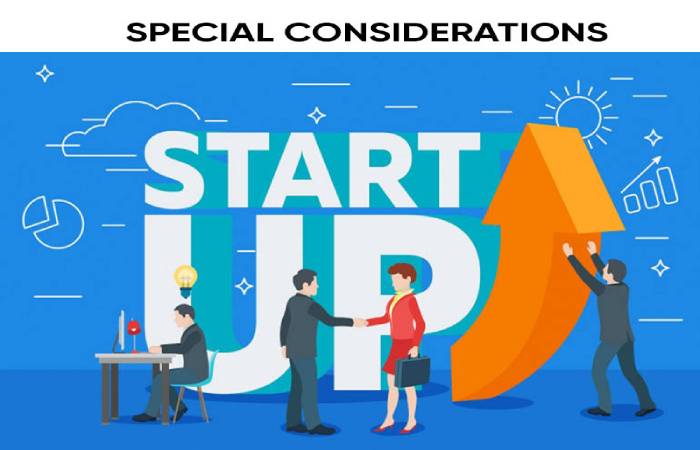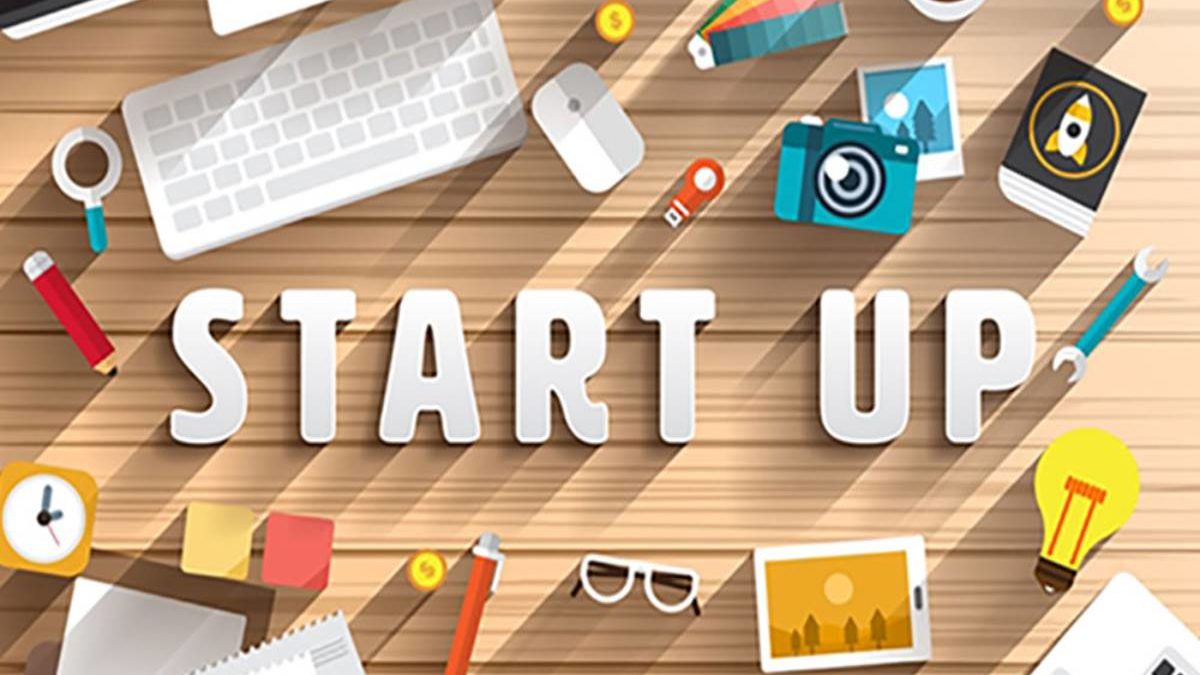Table of Contents
What is a Start-Up?
A start-up is a young company originated by one or more businesspersons to develop a unique creation or service and bring it to market.
By its nature, the characteristic start-up tends to be a shoestring operation, with initial funding from the creators or their friends and families.
However many start-ups fail, approximately of history’s most successful entrepreneurs shaped start-up like Microsoft (founded by Bill Gates), Ford Motors (founded by Henry Ford), and McDonald’s (based by Ray Kroc).
Understanding of Start-Up

In the early stages, start-up companies have little or no revenue coming in. They have the impression that they have to grow, test, and market. That takes considerable money, and start-up owners have numerous potential sources to tap:
Traditional funding sources comprise small business loans from banks or credit unions, government-sponsored Minor Business Administration loans from local banks and grants complete by nonprofit organizations and state governments.
So-called incubators, frequently associated with business schools and other nonprofits, provide mentoring, office space, and seed funding to start-up.
Venture capitalists and angel investors vigorously seek a promising start-up to bankroll in reappearance for a pale in the company once it gets off the ground.
Valuing of Start-Up
- It has no past and less profit to show. And also, that makes investing in them risky. If an idea appears to have merit, potential investors may use several approaches to estimate how much money it might take to get it off the ground.
- The cost to duplicate method looks at the expenditures the company has already suffered to grow its creation or service and purchase physical assets.
- This valuation method doesn’t reflect the company’s future potential or intangible assets.
- The market approach considers the acquisition prices of similar companies in the recent past. This approach may stem if the start-up idea is unique.
- The discounted money flow approach looks at the company’s expected future cash flow. This approach is highly personal.
- And also, the development stage method assigns a higher range of potential value to a more fully developed start-up.
- Even if it’s not profitable, a start-up with a website can show some sales and traffic are likely to get a higher valuation than one that merely has an exciting idea.
- Because it has a high failure rate, would-be investors consider the management team’s experience and the idea. Even angel investors don’t invest money, and they cannot afford to lose.
Special Considerations of Start-Up

1. Location
- It must choose whether their business conduct connected, in an office or home office, or a store.
- The location depends on the creation or service offer—for example, a technology start-up selling virtual reality hardware.
- And also, it may need a physical storefront to give customers a face-to-face demonstration of the product’s complex features.
2. Legal Structure
- It needs to reflect what legal structure best fits their entity. A sole proprietorship is right for a founder who is also the key employee of a business.
- Partnerships are a feasible legal structure for businesses containing several people who have joint ownership, and they’re also reasonably straightforward to establish.
- And also, personal liability can reduce by registering a start-up as a limited liability company (LLC).
3. Funding
- It often raises funds by turning to family and friends or by using venture capitalists. And also, it is a group of professional investors that specialize in funding start-ups.
- Crowdfunding has become a feasible way for many people to access the cash they need to move forward in the business procedure.
- And also, the entrepreneur circles up a crowdfunding page online, allowing people who trust to give money.
- It may use credit to commence their operations. Perfect credit history may allow the start-up to use a line of credit as funding. This option carries the most risk, mainly if the start-up is unsuccessful.
- Other companies choose small business loans to assistance fuel growth. Banks typically have several specialized choices available for small businesses.
- And also, a microloan is a short-term, low-interest product tailored for it. A detailed business plan is often required to qualify.
Conclusion
It is an entrepreneurial venture in search of enough financial backing to get off the ground. The first challenge for a start-up is to prove the concept’s validity to potential lenders and investors.
And also, it is always risky proposals, but potential investors have several approaches to determining their value. One of the start-up’s first tasks is levitating a substantial amount of money to develop the product further.
To do that, they have to brand a robust argument, if not a prototype, that supports their claim that their idea is genuinely new or a significant improvement to something on the market.

